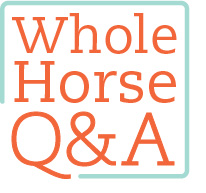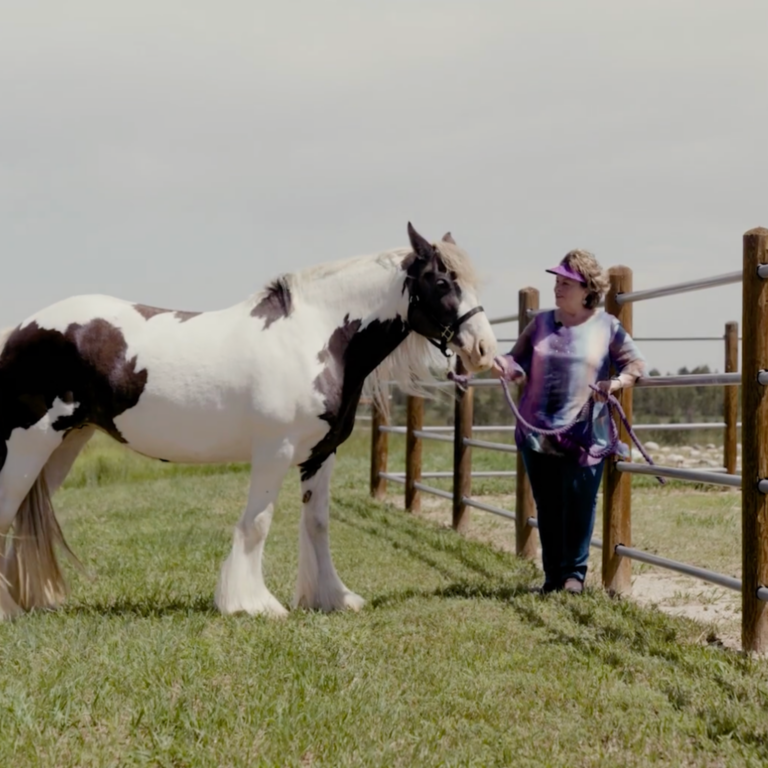Q I’ve always assumed my Paint gelding needed only to have his teeth floated from time to time. Someone at my barn, however, has had all sorts of dental work done on her horse. How likely is mine to need this additional work? What are the most common dental needs beyond routine teeth floating?

MARISKA VARNE, Wisconsin
A While most healthy adult horses seem to do well with basic dental care, many others have significant, undiagnosed dental disease that affects their overall welfare.
Oral-cavity health is critical to the wellbeing of the entire horse. And, because many horses live well into their geriatric years, this becomes even more important. Horses can have longstanding dental issues that result in infections, abnormal wear of teeth, and even premature tooth loss—though they stoically show no obvious outward signs of pain. Typically, after dental disease is diagnosed and treated, owners notice a difference in eating behavior, temperament, and performance.
Historically, discussions about equine dentistry have centered on dental floating, or rasping of teeth’s sharp enamel points. Over the years, however, we’ve learned it’s critical to address not just those sharp points, but also the overall proper function of the teeth and soft tissues of the oral cavity. Corrective procedures include balancing the mouth and reducing abnormal forces on the teeth due to abnormal wear. Most horses should have a complete oral exam every six to 12 months to address not only sharp points but also abnormal wear.
Young horses often experience pain and bitting problems associated with wolf teeth, blind (unerupted) wolf teeth, or retained caps (deciduous teeth). These problems are all easily addressed by a veterinarian and can often alleviate frustrating performance issues. Blind wolf teeth can cause the greatest problems, with increased bit interference. Retained caps in 3- to 5-year-old horses can cause pain and at times result in soft-tissue trauma that affects both performance and ability to chew.
In adult horses, common abnormalities that can cause major long-term issues if unaddressed include hooks, ramps, and wave mouth. Let’s look at each in turn.
Hooks commonly develop when a horse’s upper and lower arcades (curved lines of teeth) don’t meet exactly, causing the first and/or last tooth in the arcade to grow uninhibited. The hooks can become so large that they damage the opposing soft tissue or, in the most severe instances, even the bony structures. Hooks cause pain and result in abnormal wear of the remainder of the dental arcade.
A ramp is excessive height to the lower premolar, or first tooth in the bottom arcade. A ramp develops due to a malocclusion (imperfect positioning of the teeth when the jaws are closed), sometimes associated with abnormal shedding of deciduous teeth. This condition limits the mobility of the jaw and can result in pain and inability to chew properly.
A wave mouth is an uneven, wave-like surface to a line of teeth. Left untreated, the condition worsens over time, typically resulting in significant periodontal disease, loss of mobility of the jaw, excessively worn teeth, and premature tooth loss.
The good news is that, if addressed early, many equine dental diseases can be prevented or controlled to extend a horse’s life.
ALISON LaCARRUBBA, DVM, DABVP
Assistant Teaching Professor
College of Veterinary Medicine
University of Missouri






